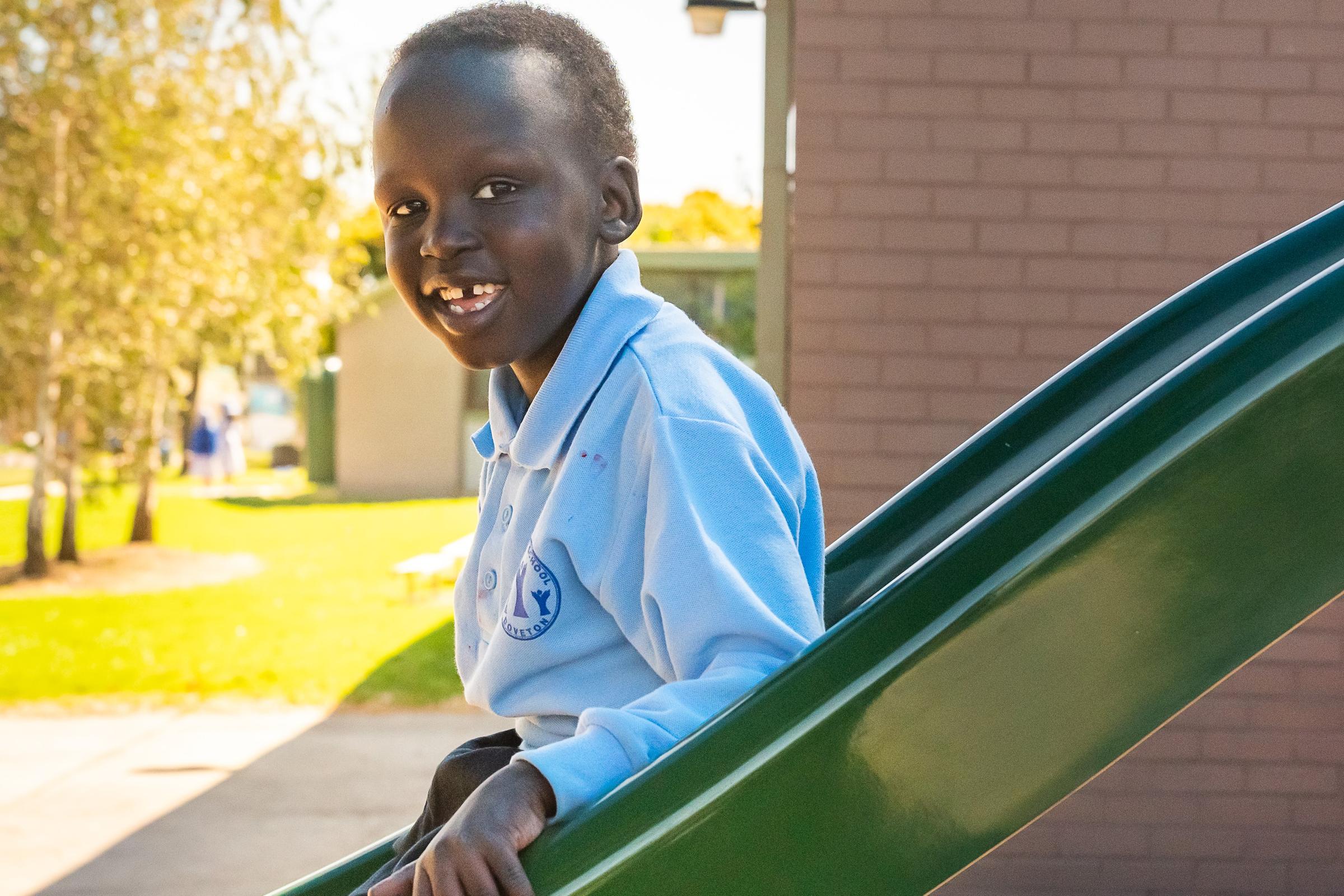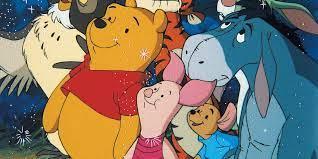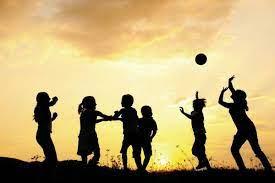Wellbeing
The Frienship Connection

Wellbeing
The Frienship Connection
One of the great aspects of being part of the Holy Family Community (in addition to teaching your children) is the connections and friendships that the teachers have made. Last year we started a walking club, and each school holiday, we select a place to visit and explore. We go to the theatre on occasions, and some of us have even travelled overseas together or participated in the same after-work activities such as dancing or Pilates.
I think many of the children are aware of the camaraderie surrounding them. We have had opportunities to use our relationships to explain friendship themes such as sharing, supporting one another and caring.
It was fabulous last Tuesday when the children returned to school to watch their excitement as they saw their friends after the holidays. This was evident as you listened to the Year 3's to 6's as they discussed their preparations for camp the following day. Going away with their friends was trumping any uncertainties or anxiety some of them were feeling.
Building positive friendships is an essential skill that children learn as they grow and develop. This skill is nourished and supported by parents, families and teachers. At Holy Family, we explicitly teach these skills through our Social and Emotional Learning curriculum and work with students daily to help them foster and refine these skills.
Friendships can bring the highest of highs but can also bring lows when things don't go as planned or conflict occurs. It's essential to have a good friend/s, but also for one to be a good friend to others.
Below is a list of practical ways to help your child be a good friend. The ideas are taken from Shona Hendley via www.parentingideas.com.au
How to help your child be a good friend


Winnie the Pooh once said that "a day without a friend is like a pot without a single drop of honey left inside," and I bet that when he said this, he wasn't talking about any friend; he was talking about a good friend.
Being a good friend and knowing what a good friend entails is an integral component of friendship. Research says that kids start making meaningful friendships from around the age of four, and from that point onwards, friendships will contribute to their wellbeing, learning, confidence and mental health.
But understanding what a good friend is can be tricky, so here are some strategies you can use to help explain what being a good friend means to your child and how they can be one.
Defining what it means to be a good friend
While most adults know instinctively what a good friend is, explaining this to kids can be difficult. Pinpointing some of those elements of being a good friend can be a great way to start. For example, "being a good friend means including concepts of respect, loyalty, providing support and having fun together."
Teach and model the social skills that underpin successful friendships


While knowledge and values are a vital underpinning, consolidating these with skills is the next step. Life Education suggests you "explain to your child that just as they can get better at swimming by practising, they can also get better at making and keeping friends by:
- practising social skills such as smiling and greeting classmates,
- sharing,
- cooperating,
- negotiating,
- being positive,
- having an interesting conversation,
- playing games well (i.e., being a good winner and loser)."
Praise the good stuff.
Provide positive feedback when you observe your child using social skills or values that have the potential to contribute to the development of their friendships. This will help reinforce the values that make a good friend.
Empower them to find their solutions
Don't always try to fix every problem; be present and support the children as they try to find a resolution. Create an environment where no questions are off-limits so that nothing is too uncomfortable to discuss.
Friendships in adolescence are different.
As your kids grow into teens, friendships often have different significance and influence. Reach Out advises some additional strategies for parents with pre-teens and teenagers to help support their being a good friends. Please work with your teen to set expectations around how they should treat their friends. A reminder of the values of a good friend and the skills that a good friend utilizes can be helpful.
Be supportive if your teen comes to you about an issue with one of their friends without necessarily trying to solve it. Listening openly and non-judgmentally without jumping into solution mode can be helpful. Model the behaviours of being a good friend. For example, you could get your teen involved if you are cooking a meal to support a friend and use the opportunity to talk about why that is important to you.
Connie Drossaert
Wellbeing Leader